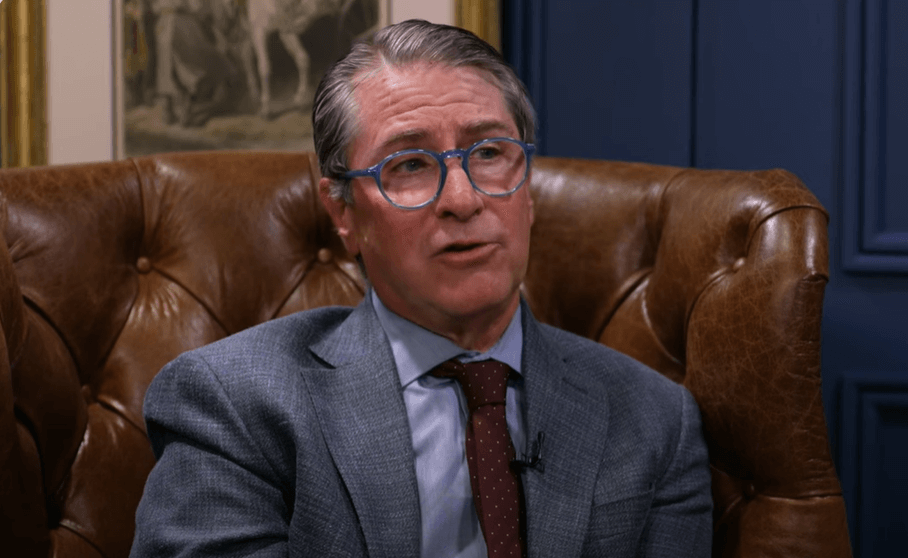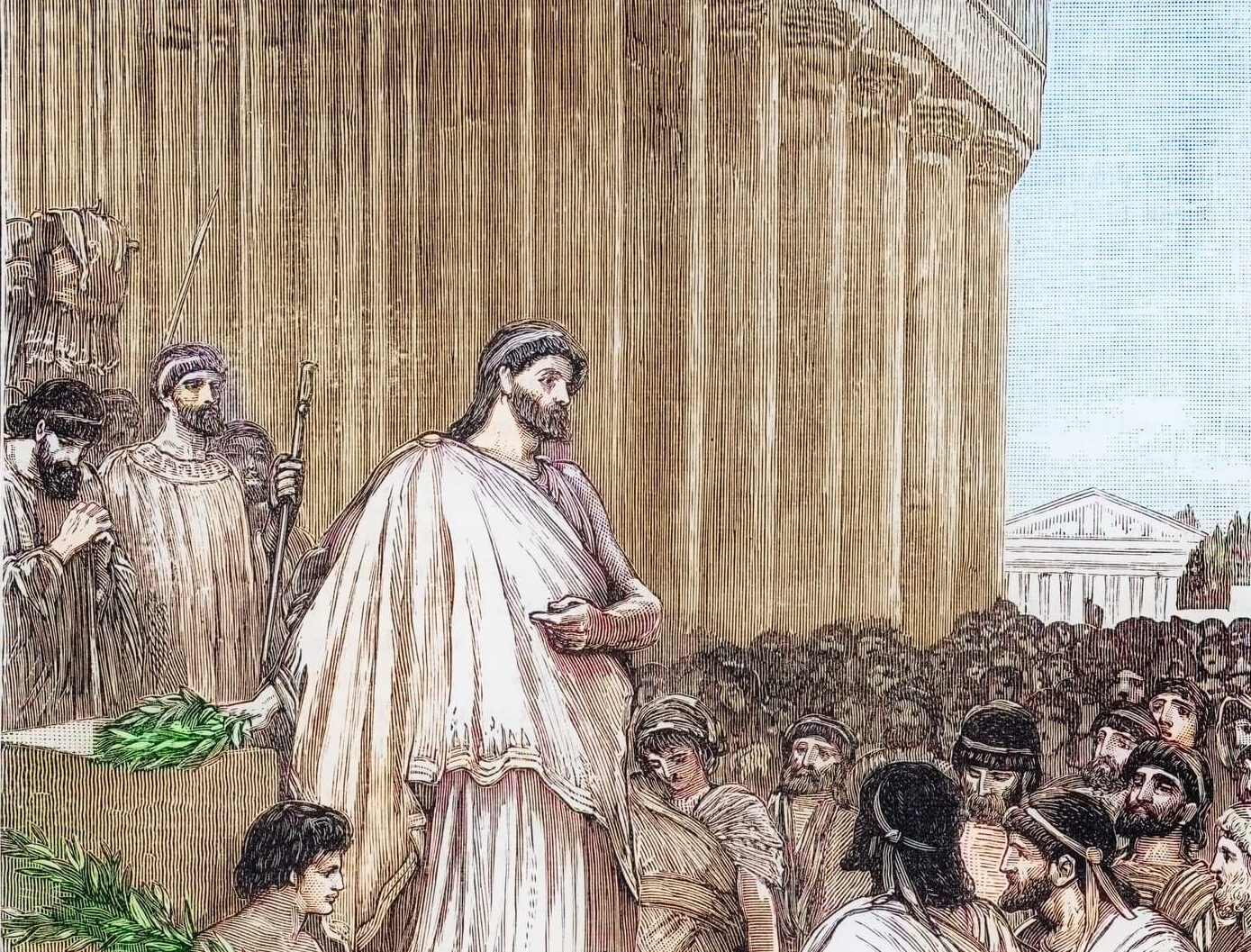This issue of Modern Age displays a distinctively literary slant, and this is altogether appropriate. Literature is a primary means of conserving the accumulated wisdom and experience of a civilization, and reading is of crucial importance in the development of intellect and moral imagination in individuals. We shall, therefore, continue both to sound the alarm about threats to this cultural institution and to extol its nurture. Jeffrey Folks thus celebrates the fiftieth anniversary of V. S. Naipaul’s A House for Mr. Biswas, finding in this breakthrough novel a conservative vision that has only begun to be recognized by progressive commentators who, with no small chagrin, have seen Naipaul escape their “postcolonial” pigeonhole. My own brief essay, perhaps more properly dubbed an extended editorial, reflects upon the dismay of a liberal academic over the crisis of reading among contemporary university students.
Meins G. S. Coetsier offers a meditation in the style of Eric Voegelin on the Polish-born American rabbi and poet Abraham Joshua Heschel, and on the great modern German poet Rainer Maria Rilke. Although his essay centers on devotional theology, Coetsier stresses the need for imagination—the fundamental faculty of poetry—in gaining an awareness of the divine presence. Similarly, M. D. Aeschliman’s title, “A Contemporary Erasmus,” shows that he is treating Peter Berger as a humanist and a man of letters as much as a sociologist. Berger exemplifies how the most memorable and incisive sociology is often based on a fundamentally humanist perspective.
In the same vein, two of our reviews deal with books of verse. Our poetry editor, David Middleton, offers a searching analysis of Fred Chappell’s remarkable new volume, Shadow Box, which seems to be one of the most original and exciting works of poetry published for quite some time. It will do nothing to diminish Chappell’s reputation as one of the most distinguished American poets living. We have published his work recently and look forward to doing so again soon. James Matthew Wilson considers Samuel Maio’s anthology of dramatic monologues and recommends it both for the seasoned reader of poetry and for the novice, if with a few minor reservations. Finally, Benjamin Alexander assesses Brad Gooch’s biography of Flannery O’Connor, whose small but marvelous body of fiction continues to delight, perplex, and astonish nearly fifty years after her death.
Other matters are not neglected. Joseph Amato gives a respectful but somewhat skeptical account of Jonathan Israel’s exaltation of the “Radical Enlightenment,” while Anne Barbeau Gardiner assays Glenn Olsen’s answer to the Enlightenment in a volume that argues the increasing impact of global Christianity in the twenty-first century. R. J. Stove’s review of a new biography of Hans von Bülow reminds us that figures who are not Bach or Beethoven or—more pointedly—Wagner nonetheless are indispensable to the development and nurture of musical culture. Kevin Gutzman’s commentary on the tangled thicket of Founding-era politics provides enlightenment and, in all likelihood, further controversy regarding Jefferson’s federalism. We are quite pleased to have in our “Documentation” section another translation of a recent reflection by the eminent French thinker Pierre Manent on the topic of conversion and to welcome a new poet, Allen F. Stein, to our pages. —RVY














